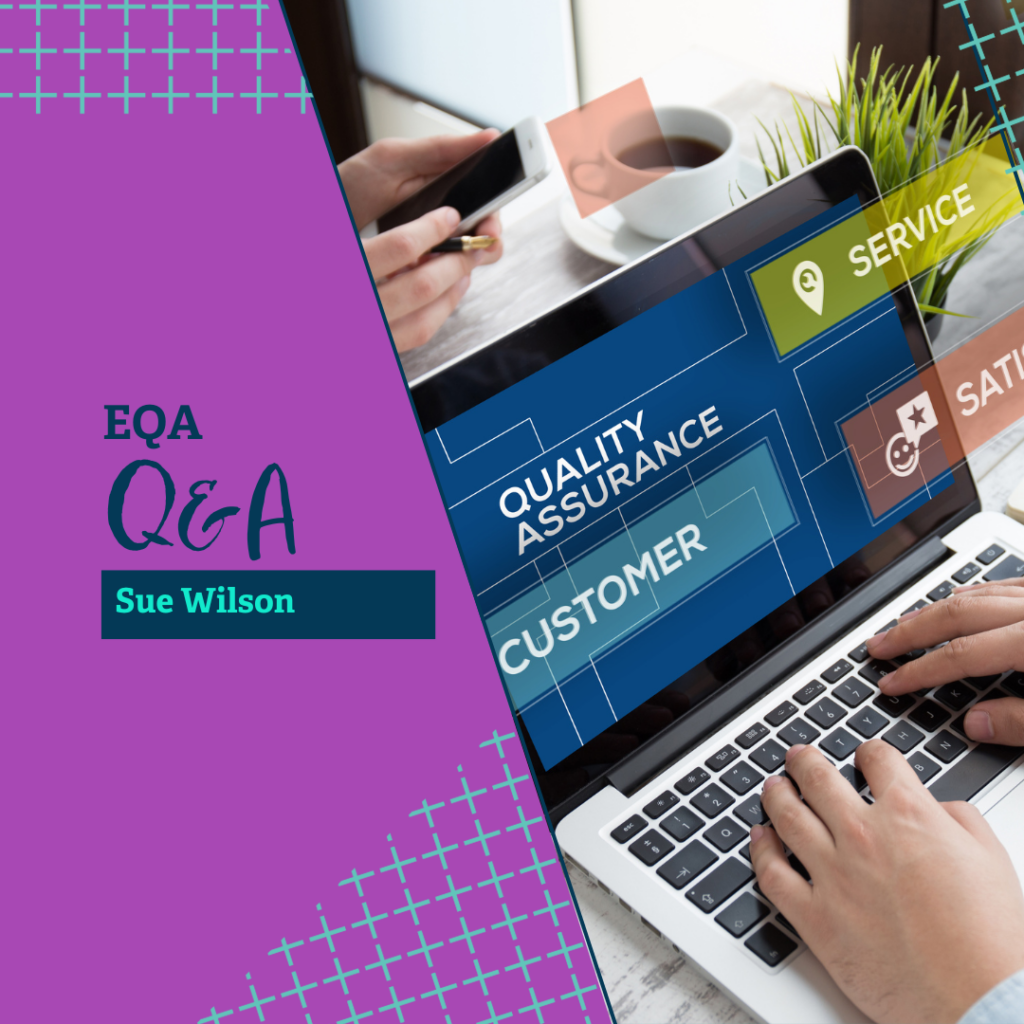23 January 2024
Skills and Education Group Awards and BIIAB are now part of the The Neuro-Inclusion Charter, developed by Cognassist. They strongly believe in promoting social mobility and upholding principles of equality, diversity, and inclusion, which was right up our street as two awarding and end-point assessment organisations.
We hear from Amy Robinson, End-Point Assessment Product Development Manager, who undertook the training.
In November this year, I participated in the training led by Cognassist, detailing their Charter for Awarding Organisations and End-Point Assessment Organisations to align a consistent approach to recognising reasonable adjustments.
In my role as End-Point Assessment Product Development Manager, understanding reasonable adjustments has a significant impact on the development of the assessment methods for End-Point Assessment. The training began by detailing the disability and the definition of reasonable adjustments.
The key point I took away from this section is that a reasonable adjustment should not affect the reliability and validity of the assessment.
The training then went into further depth on the different types of reasonable adjustments that are available from both a delivery perspective and at End-point Assessment.
The main part of the training covered the cognitive assessment that Cognassist has developed. It talked through the scoring, results and different categories which are used to determine if and what kind of support is relevant to the learner.
As my role doesn’t deal with the operational side of End-point Assessment, it was incredibly useful for my understanding to see how the team determines if a reasonable adjustment should be allowed.
Overall, the training was of great use and highlighted important considerations for when developing End-point Assessments.
To find out more about our end-point assessment services contact our EPA team on
0115 854 1620





